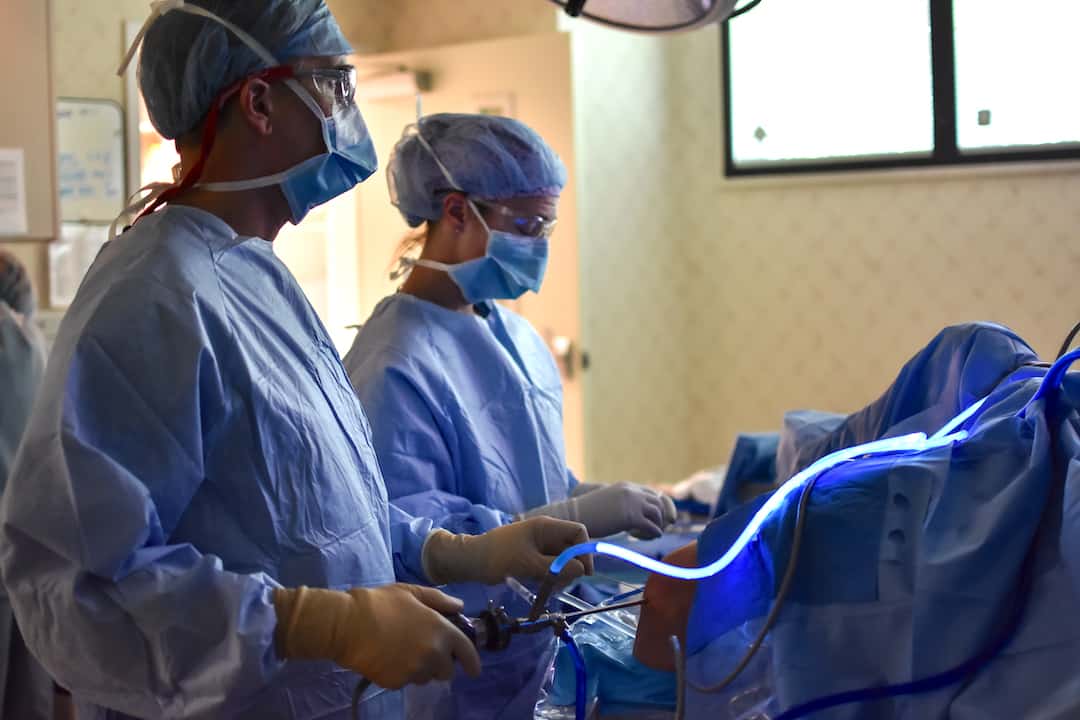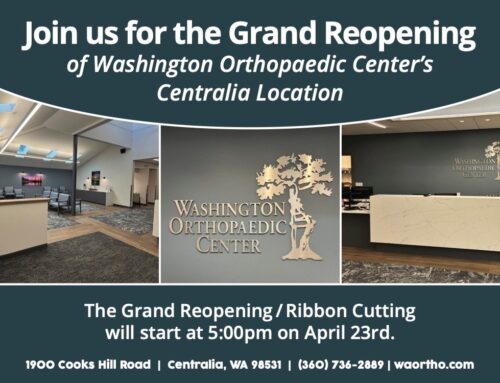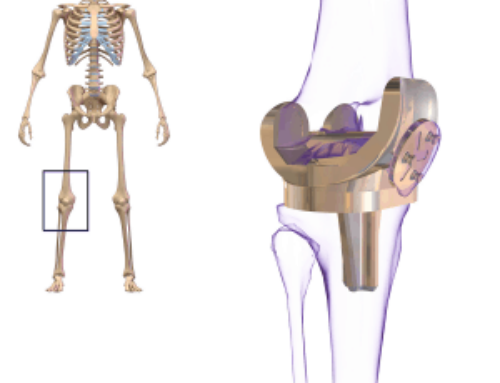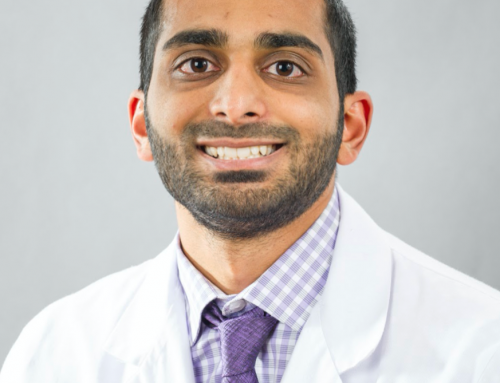#1: “Total joint replacements are only for the elderly.”

There is no age prerequisite to total joint replacements. While the rate of receiving a total joint replacement is great for ages 64-85, younger adults are more frequently receiving total joint replacements every year. In fact, one study analyzed the trend of knee replacements done in adults aged 45-64 over a ten year period ending in 2014 and saw a 188% increase in total knee replacements in that population over ten years. However, it’s best to keep in mind that the younger one is and the longer that person lives, the more likely they are to need a revision or replacement of their prosthetic. Studies show that 85% of total knee replacements last 20 years and that around 10% of patients will need a revision at some point.
#2: “Cracking knuckles causes arthritis.”

No one can definitively say that cracking knuckles causes arthritis. In fact, studies have shown no difference in the prevalence of arthritis between those who crack and do not crack their knuckles. On the contrary, some anecdotal accounts have stated that cracking their knuckles has resulted in some cartilage damage and one study looking at the side effects of knuckle cracking noticed an increased rate in hand swelling and a weakened grip in those who crack their knuckles more often. Although cracking your knuckles may not cause arthritis, there may be a reason to avoid the habit anyway.
#3: “Do orthopedists really just perform surgery?”

Contrary to popular perception, orthopedic clinics treat patients with a variety of musculoskeletal issues. Yes, many of the patients that enter an orthopedic office do require surgery. However, the number of patients requiring surgery is probably less than you’d expect. On average, only 2 out of 10 patients on any given day require some form of surgical intervention. What happens to the other 8 patients? Common non-surgical treatments often include physical therapy, anti-inflammatories, steroidal injections, muscle relaxants, casting and bracing, and referrals to other specialty clinics.
Ultimately, a trip to an orthopedic clinic doesn’t always result in surgery, nor should one expect to have surgery when entering an orthopedic clinic. Surgery should be seen as a last result of injury or chronic problem. The providers at Washington Orthopaedic Center(WOC) have a host of methods to treat your pain without the use of surgery. Call our office at 360-736-9777 to get scheduled with one of our orthopedic experts and discuss customized treatment options for you.





